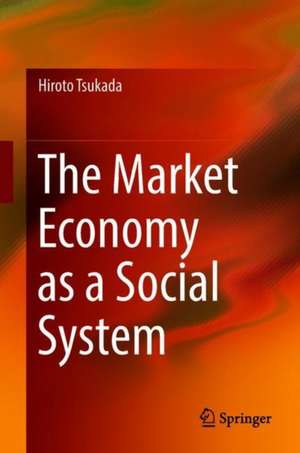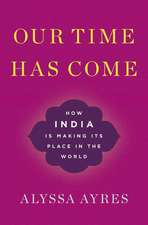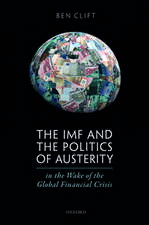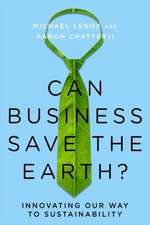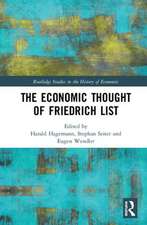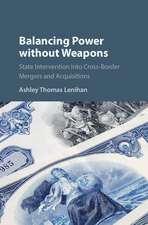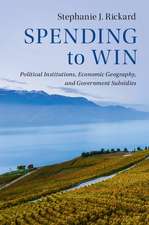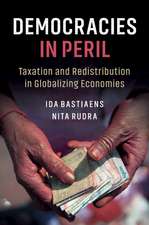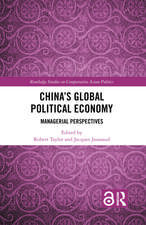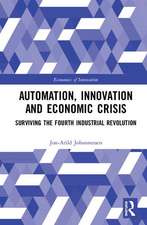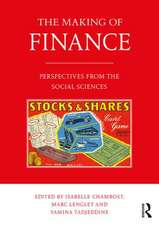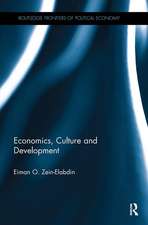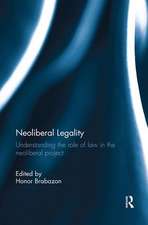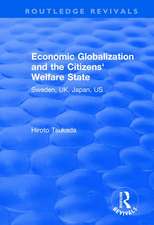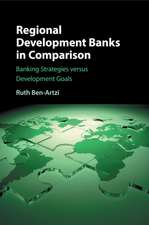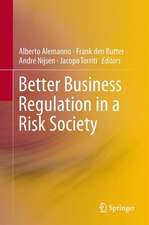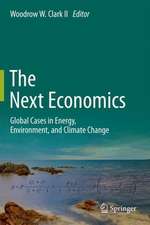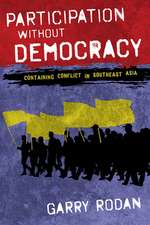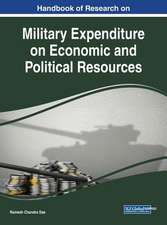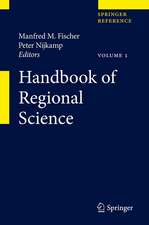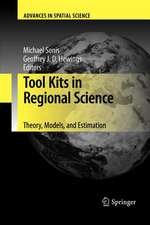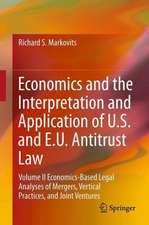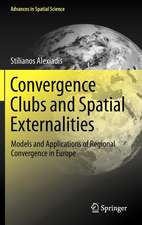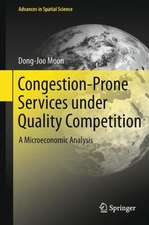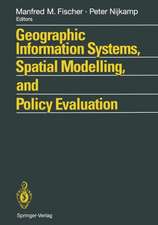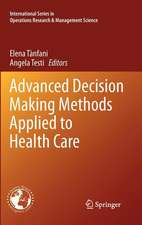The Market Economy as a Social System
Autor Hiroto Tsukadaen Limba Engleză Hardback – 11 sep 2018
These rules are all dealt with from a shared perspective, viewing society as a single integrated construct. Equal distribution of land, not private but public payment of education fees, strengthening employees’ bargaining power, and moving toward nobility-based kindness are put forward as central answers. By addressing critical questions on social rules and proposing answers, this book provides reliable principles to fall back on in our daily lives, and in our rapidly changing, globalized world.
| Toate formatele și edițiile | Preț | Express |
|---|---|---|
| Paperback (1) | 581.14 lei 43-57 zile | |
| Springer Nature Singapore – 23 dec 2018 | 581.14 lei 43-57 zile | |
| Hardback (1) | 730.02 lei 43-57 zile | |
| Springer Nature Singapore – 11 sep 2018 | 730.02 lei 43-57 zile |
Preț: 730.02 lei
Preț vechi: 890.27 lei
-18% Nou
Puncte Express: 1095
Preț estimativ în valută:
139.69€ • 146.24$ • 115.58£
139.69€ • 146.24$ • 115.58£
Carte tipărită la comandă
Livrare economică 07-21 aprilie
Preluare comenzi: 021 569.72.76
Specificații
ISBN-13: 9789811318368
ISBN-10: 9811318360
Pagini: 350
Ilustrații: XIX, 217 p. 11 illus., 1 illus. in color.
Dimensiuni: 155 x 235 mm
Greutate: 0.51 kg
Ediția:1st ed. 2018
Editura: Springer Nature Singapore
Colecția Springer
Locul publicării:Singapore, Singapore
ISBN-10: 9811318360
Pagini: 350
Ilustrații: XIX, 217 p. 11 illus., 1 illus. in color.
Dimensiuni: 155 x 235 mm
Greutate: 0.51 kg
Ediția:1st ed. 2018
Editura: Springer Nature Singapore
Colecția Springer
Locul publicării:Singapore, Singapore
Cuprins
Preface.- Part I: Civil Society and Distributive Rul.- Introduction: Overview of the Question: Economic System and Distributive Rules.- Chapter 1: Who Decides Distributive Rules.- Chapter 2: How Distributive Rules Are Decided.- Chapter 3: For Whom Distributive Rules Are Made.- Part II: The Market Economy System and Three Distributive Rules.- Chapter 4: Restructuring Distributive Rules of Natural Resources.- Chapter 5: Restructuring Distributive Rules of Products.- Chapter 6: Restructuring Distributive Rules on Human Fellowship.
Notă biografică
Hiroto Tsukada, Emeritus professor, Yamaguchi University
Textul de pe ultima copertă
This book develops John Rawls’s theory of justice by adding reality-based analyses. This is accomplished by answering the question of who makes rules and how, and by providing new answers to three of today’s most practical and critical issues. The question of who and how makes rules is discussed first; and group orientation instead of individualism, and a balance of negotiating power instead of a veil of ignorance are presented as new answers to this question. Based on this new understanding of rulemaking, three important practical rules are subsequently discussed: the rule of distribution of land and other natural resources, including the question of natural talent or who should bear the costs of children’s education; the rule of distribution of products; and what motives support our acts of kindness.
These rules are all dealt with from a shared perspective, viewing society as a single integrated construct. Equal distribution of land, not private but public paymentof education fees, strengthening employees’ bargaining power, and moving toward nobility-based kindness are put forward as central answers. By addressing critical questions on social rules and proposing answers, this book provides reliable principles to fall back on in our daily lives, and in our rapidly changing, globalized world.
These rules are all dealt with from a shared perspective, viewing society as a single integrated construct. Equal distribution of land, not private but public paymentof education fees, strengthening employees’ bargaining power, and moving toward nobility-based kindness are put forward as central answers. By addressing critical questions on social rules and proposing answers, this book provides reliable principles to fall back on in our daily lives, and in our rapidly changing, globalized world.
Caracteristici
Further explores the question of justice proposed by John Rawls and proposes a new theory of fair distribution and its application to natural resources and cooperative products Adds an economic and sociological point of view to the argument of political philosophy and successfully integrates the three disciplines Presents new answers to the question of how to distribute natural resources and income, which are urgently needed in today’s rapidly changing, globalized world
